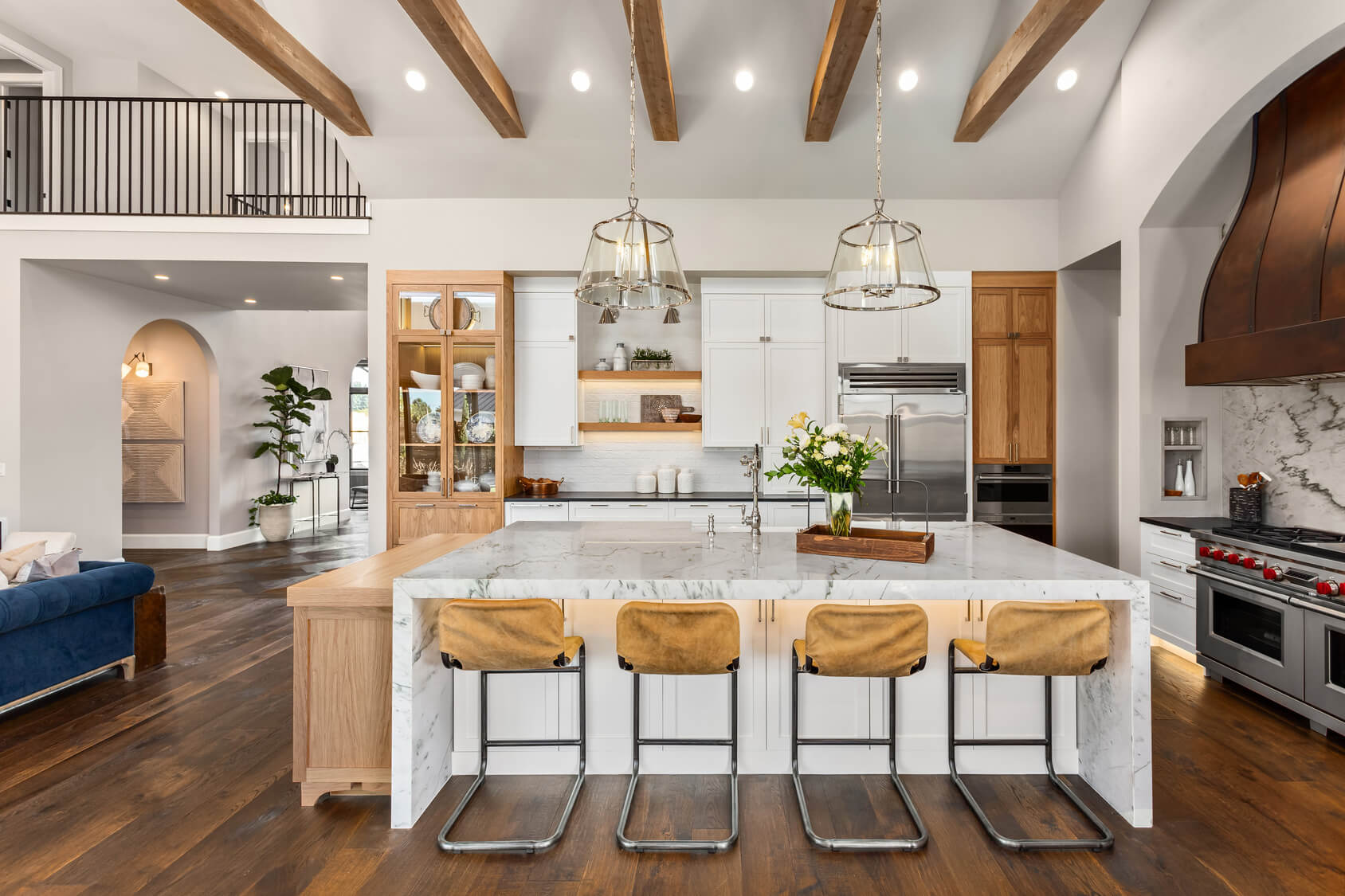
Lighting plays a pivotal role in enhancing the ambiance and functionality of any space. Whether you’re revamping your home or designing a new one, thoughtful planning of your lighting installation is crucial. In this guide, we’ll explore essential tips for layout and design to ensure your lighting not only illuminates your space, but also adds a touch of brilliance to your home.
1. Understand Your Space
Before diving into the specifics, take time to understand the purpose and layout of each room. Consider the activities that will take place in the space, as this will influence the type and intensity of lighting needed. Different areas may require a combination of ambient, task, and accent lighting for optimal functionality and aesthetics.
2. Layered Lighting Design
A well-thought-out lighting plan incorporates layers to create depth and flexibility. Implement three primary layers: ambient lighting (general illumination), task lighting (focused light for specific activities), and accent lighting (decorative or highlighting features). This combination allows you to adapt the lighting to different needs and moods.
3. Calculate Lighting Levels
Proper illumination depends on the size and function of a room. As a general rule of thumb, aim for 20 lumens per square foot for ambient lighting and increase this for task-specific areas. Consult with a professional or use online calculators to determine the right wattage and lumen output for each fixture.
4. Consider Energy Efficiency
Incorporate energy-efficient lighting options, such as LED bulbs, to not only reduce your environmental footprint but also cut down on energy costs. LED lighting offers a wide range of colour temperatures and styles, ensuring you find the perfect match for your design vision.
5. Placement is Key
The strategic placement of fixtures is crucial for achieving a balanced and harmonious lighting scheme. Consider the room’s layout, furniture arrangement, and architectural features. Focus on eliminating shadows and dark corners, while also avoiding glare by placing fixtures at eye level.
6. Dimmers for Flexibility
Installing dimmer switches provides flexibility in controlling the intensity of your lighting. This allows you to create different atmospheres for various occasions, from bright and lively to soft and cozy. Dimmers also extend the lifespan of your bulbs and contribute to energy savings.
7. Think About Style
Your lighting fixtures should complement the overall style of your home. Choose fixtures that not only serve a functional purpose but also contribute to the aesthetic appeal of the space. Whether you prefer modern, classic, or eclectic designs, there are countless options to suit your taste.
8. Future-Proof Your Design
Technology in lighting is continually evolving. Consider incorporating smart lighting solutions that can be easily integrated into your existing setup or upgraded in the future. Smart lighting allows for remote control, automation, and even colour customization, providing endless possibilities for personalization.
The experts at AJ’s Electrical know that planning your lighting installation requires a thoughtful and multifaceted approach. By understanding your space, incorporating layers of lighting, calculating appropriate levels, choosing energy-efficient options, strategically placing fixtures, utilizing dimmers, aligning with your style, and future-proofing your design, you can create a well-lit and visually stunning home. Illuminate your space with purpose, and let your lighting design showcase the brilliance of your home.
Andres Walsh
Related posts
Stay connected
Today's pick
- Is Depreciation a Double-Edged Sword When Selling a Rental Property?When it comes to investing in real estate, it’s normal to come across complicated financial concepts, and depreciation is one of them. However, in rental property sales, depreciation can be a double-edged sword as it can significantly impact your taxes and profitability. One thing depreciation... The post Is Depreciation a Double-Edged Sword When Selling a […]

